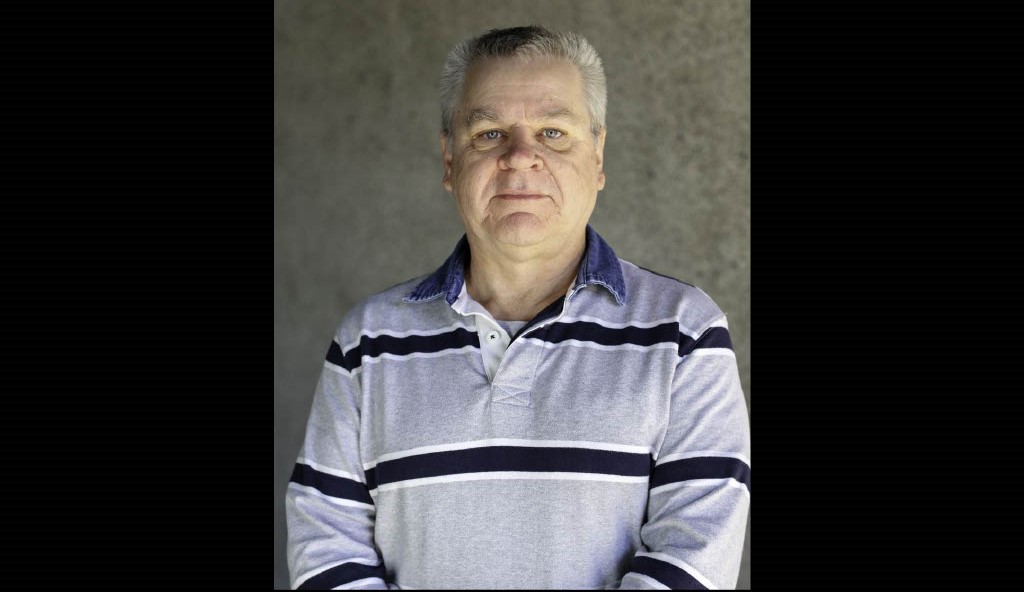In the realm of cutting-edge cancer research, Associate Professor Alec Redwood, a key figure at the National Centre for Asbestos Related Diseases (NCARD), has clinched the highly esteemed 2023 Ideas Grant from the National Health and Medical Research Council (NHMRC). The focus of his research revolves around silent mutations, exploring their potential as both prognostic markers and therapeutic targets.
The Research
Alec’s collaborative effort with fellow experts Professor Jenette Creaney and Professor Bruce Robinson from the University of Western Australia and Professor Tamir Tuller from Tel Aviv University delves into the realm of neoantigens, arising from tumour-specific mutations, which are central to contemporary immunotherapy, particularly immune checkpoint inhibition (ICI). While ongoing clinical trials globally investigate personalized cancer vaccines targeting these neoantigens, Alec’s study takes a unique approach. Instead of focusing solely on the more accessible non-synonymous single nucleotide variants (SNV), the team explores the largely ignored potential immune targets found in synonymous mutations and non-coding mutations.
The Research Methods
Employing bespoke bioinformatic tools, the team aims to identify novel neoantigens derived from silent mutations, including those resulting from altered gene splicing and non-canonical translation start sites. Biophysical modelling of ribosomal movement will be utilized to pinpoint proteins undergoing altered co-translational folding. This alteration has the potential to impact protein degradation and enhance the presentation of novel self-antigens. Through established immunological and proteomic methodologies, the study will determine if these newly identified neoantigens and altered self-proteins are present on the surface of tumour cells and if they can trigger T cell responses in patients.
Why This Matters
The significance of Alec’s research lies in the potential to expand the repertoire of neoantigens for personalized anti-cancer vaccines. Currently, such vaccines target a specific type of cancer mutation, or neoantigen. Alec’s study aims to tap into a broader array of neoantigens, a breakthrough that could significantly enhance the effectiveness of these vaccines, particularly in cancers with a low mutation burden. This is crucial as such cancers traditionally respond poorly to conventional immunotherapy.
Let’s extend our congratulations to A/Prof Alec Redwood for this outstanding accomplishment that holds the promise of advancing cancer treatment strategies.
Keep an eye out for further developments in this pioneering research!


